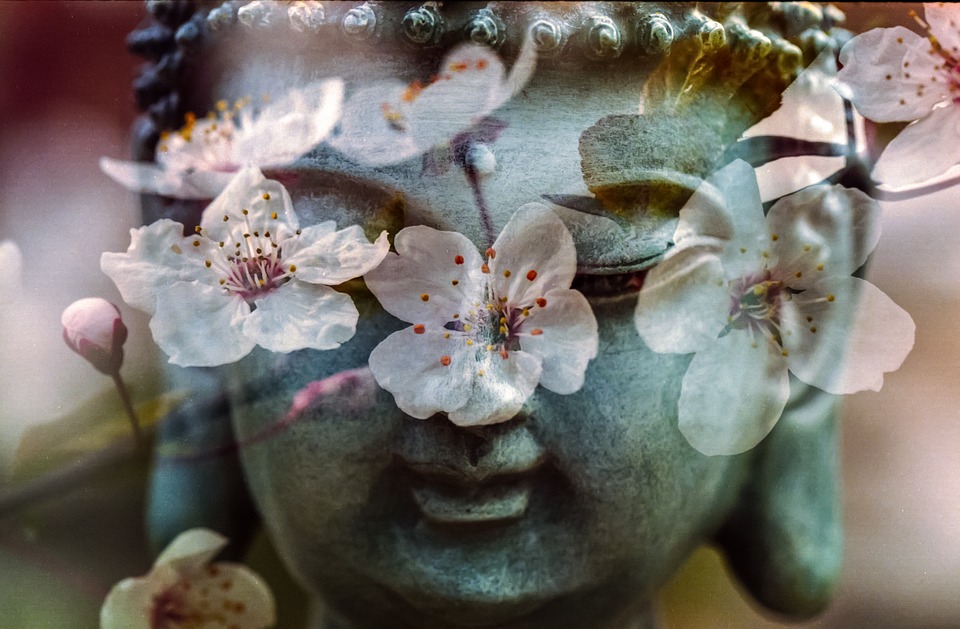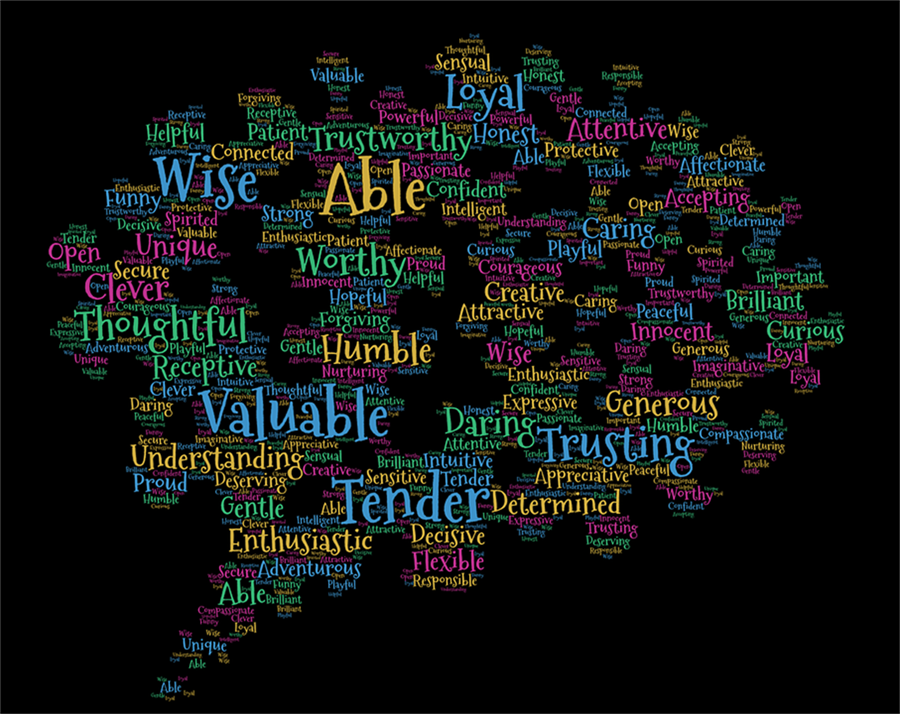hether we choose to practice or not, it is essential to all of us regardless of our background.
Our focus hereon is the practice, not burning incense, prostrating to the buddhas, or reciting the sutras. If we read Diamond Sutra in the morning and KŞitigarbhasūtra in the evening, this constitutes recitation, not practice. Although reciting the sutras can contribute to the accumulation of merit and help the practice, it is not true practice.
What constitutes a true practice? It is contemplation on precious human birth, the impermanence of life, and the other preliminaries. This discussion on the practice of the Four Dharma Seals is based on the teaching of Mipham Rinpoche, but overall, it is training in renunciation and bodhicitta, and gaining realization of emptiness of self through practices in Madhyamaka and Dzogchen.










